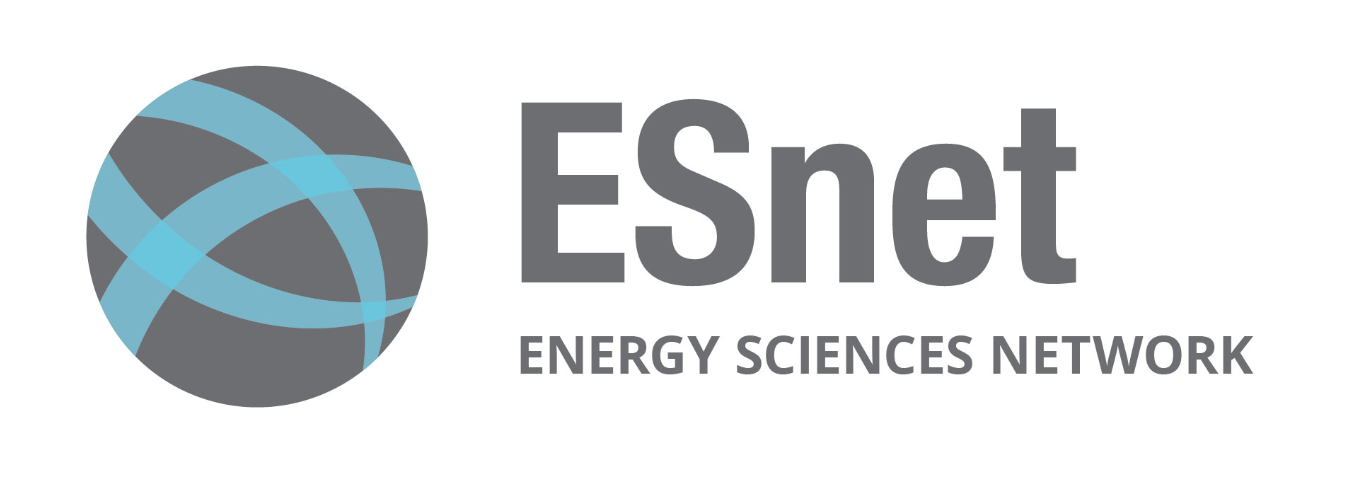

July 2nd, 2024
Can you tell us a little bit about what you do?
I'm a software engineer, and I'm part of the Measurement and Analysis team here at ESnet. We collect network telemetry data and make it available to our users through our collection system. We support analysis and also visualization, but my role specifically is to help with the platform side of things and taking care of the storage aspect. All the data that we collect needs to be stored somewhere and we have more than 100 terabytes of data. We also have a bunch of data processing pipelines and kubernetes clusters for that. Most of this work is done in Google Cloud, and in recent months, I've also started looking into how we can leverage machine learning and AI, especially from an operations context.
What was your path to ESnet like?
I've been at ESnet for 14 years. I joined ESnet as a summer intern in 2009. I had done my bachelor's in India in Electronics and Communication and during those 4 years, I realized my passion was more on the communication side, and I wanted to specialize in that. So that's why I came here for my master's program. I was doing my master's at Carnegie Mellon, and when I was looking for internships it was by accident that I stumbled across ESnet. I'd not heard of ESnet at all, not even the lab. The entire DOE complex was completely new to me. There was a position open, and I applied for it. I think it was a joint position between the computational research division and ESnet. That's basically how I made my way into ESnet. I was given the task of developing the prototype for the network utilization map, using Google Maps API. I worked on the very, very first version and what was supposed to be a prototype ended up being a demo. Eventually, it ended up being part of the DOE program manager's wall for a couple of years. Then eventually, I found myself working here since I enjoyed the 3 months that I spent working on that network utilization map.
What is your favorite part about the work that you do?
I'm starting to explore machine learning and AI and I don't have a ton of expertise there. ESnet allows me to venture into areas that are potentially new and I can take whatever courses I need, or attend conferences to learn. It's not just that they let me explore it, but they also provide that support to equip myself. Then the fact that eventually, all this work that we are doing is impacting science. So that has been a great motivation. In my case, even though I’m maintaining a large database and database clusters, the work I am doing is eventually helping science. So I think of that big grand vision and being part of those big discoveries in my own way, however small, doing what I love, combined with the purpose or vision that I'm contributing to is something very grand. That's basically what keeps me going every day.
What is one piece of advice you would give to someone pursuing the same path as you?
I would say listen to your heart. Technology is one of the higher paying industries, keeping that aside, you have to be passionate about it. Otherwise, you cannot have a 20-30 year career. You can do a short stint, and then you might end up feeling burnt out and start searching for value. So I would say be passionate about what you're doing. But I think even more than that is finding purpose and value in what you're doing. Because if you can identify yourself with the values, I think that's what would help you to be happy in the long run. You need to have something that you can, of course, help to run your everyday life. So make sure it's decent pay, but money is not everything. It has to be something that you're passionate and happy about. That's what I would say, so search and figure out if you're passionate about it, and second, look for purpose and values.
What about software engineering, or your career in general, intially intrigued you?
So if you take my personality, I have two sides. On one hand, I'm very logical, and I like specific instructions as I'm very stepwise and precise. There's also another side to me, which is very creative, and I really like to explore. In some ways, I found I could do both in software and I think that's kind of why I gravitated towards this. I think software somehow, especially my role here at ESnet, helps me to feed both of those personalities.
What was the biggest challenge/obstacle you have faced?
So I'm not going to talk about any technical challenges. I think the biggest obstacle to success is sometimes yourself. Like self-doubt questions that you may have external challenges especially, the technical stuff you can figure out, you can find resources. To solve people's problems, first, you need to understand yourself and be at peace with yourself. I think that is a work in progress, and it's not like something I've solved. In my case, I think because I came from a different country, it was a very different culture here. This added to my challenge. So learning to accept who you are, being comfortable with that, and then recognizing what are some things you can do to improve yourself. I think that's the biggest challenge. I've come a long way compared to when I started as a student here, but it's definitely a work in progress.

